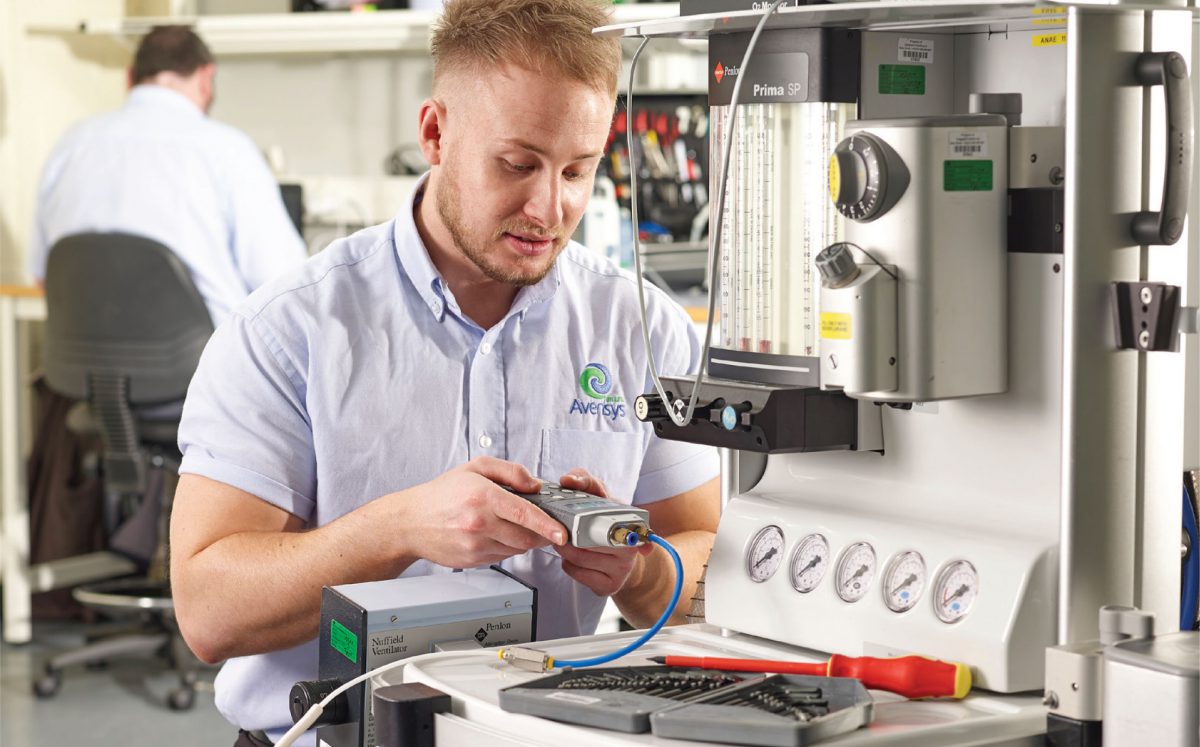
Apprenticeships: A Step In The Right Direction
With a career spent running training in the medical device industry, Steve Dickson, training academy manager at Avensys UK Training, believes apprenticeships should be made more accessible and widely used to help address healthcare recruitment issues and skills shortages.
The debate about whether we are producing too many graduates and not enough skilled staff for lower level specialist positions is gaining momentum. On paper, the UK has the most skilled workforce the country has ever had, yet is not as productive as many other developed countries, due, employers say, to a lack of technical skills in the workplace. Graduate labour market statistics show that almost one in three graduates are not doing graduate level jobs.
“Apprentices help boost recruitment plus addresses an ageing medical and clinical engineering workforce.”
A typical student on a three-year course outside of London might expect to leave university with up to £40,000 of student loans and then, if they are able to find a job at all, go into a profession for which they are overqualified. Even if they end up in a graduate level job, the ‘graduate premium’ – the extra amount a graduate can expect to earn – is narrowing.

